
'Poor choice': Jennifer Lopez slammed for stealing stepdaughter Seraphina's thunder during school play
Jennifer Lopez was seen sporting a bright red maxi dress with ruffles during the school event, which she and her husband, Ben Affleck, attended
2023-05-22 15:27
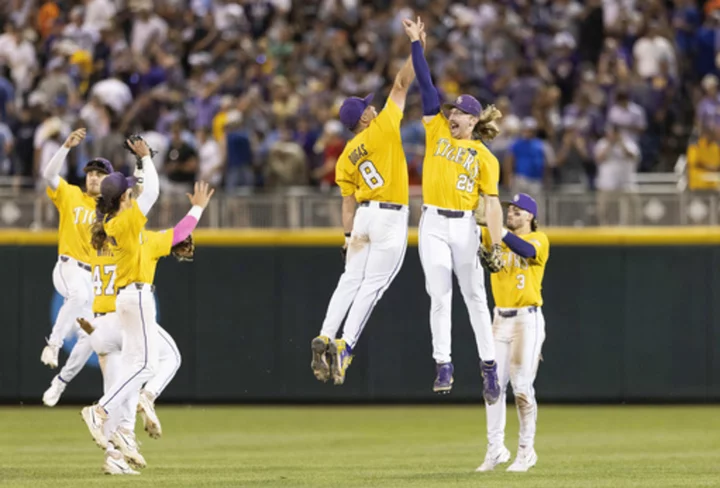
Floyd fans 17 and Beloso's HR in 11th gives LSU a 4-3 win over Florida in Game 1 of the CWS finals
Cade Beloso hit the tiebreaking homer in the top of the 11th inning, Ty Floyd struck out a career-high 17 for the most in a College World Series game in 51 years and LSU beat Florida 4-3 in Game 1 of the CWS finals
2023-06-25 11:21
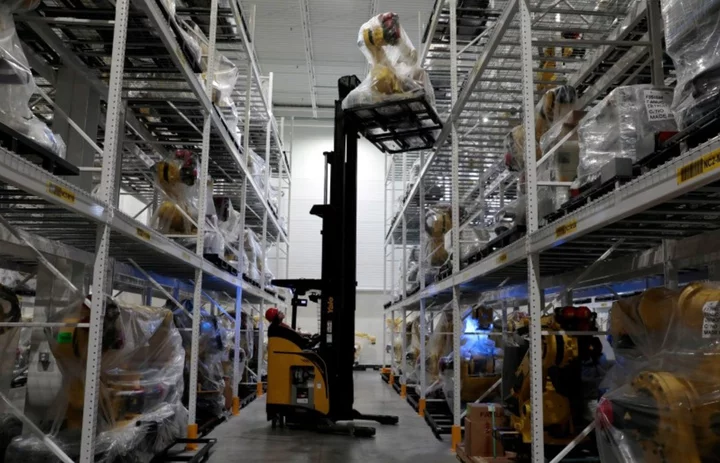
US wholesale inventories revised lower in June
WASHINGTON U.S. wholesale inventories fell more than initially estimated in June, which could have implications for the second-quarter
2023-08-08 22:54
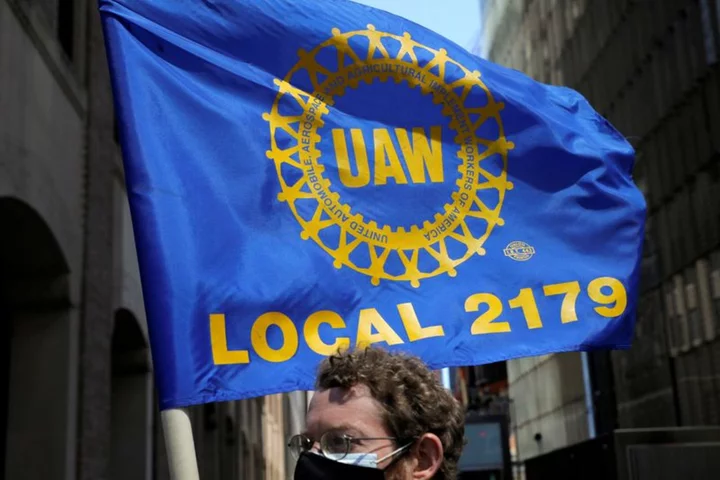
Explainer-Clock ticks down towards potential UAW strike against Detroit Three automakers
The United Auto Workers (UAW) union expects to go on strike against the Detroit Three automakers on Thursday
2023-09-15 01:23

Construction workers uncover remains of Munich's main synagogue, destroyed by Nazis
Remnants of Munich's main synagogue, which was demolished by the Nazis in June 1938, have resurfaced -- much to the amazement of the city's Jewish community.
2023-07-06 22:58
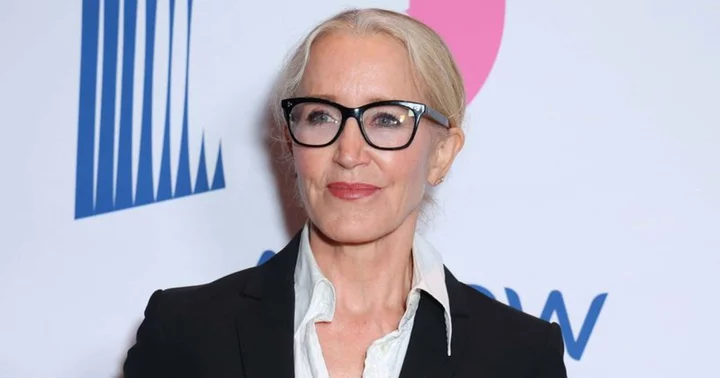
'We supposed to feel bad?' Felicity Huffman trolled for dragging 'Black and Brown' community into varsity admissions scandal saga
Felicity Hoffman discussed her involvement in the well-publicized college admissions scandal for the first time
2023-12-02 16:58

Kai Cenat taunts Kick as Rumble show premieres: 'If you wanted us, you could have had us'
Despite Kick's prolonged interest in acquiring Kai Cenat, his recent remarks hinted that the streamer has moved past the possibility of joining the platform
2023-05-28 14:19

J-League champions Yokohama spoil Rodgers's Celtic return
Celtic lost 6-4 to J-League champions Yokohama F-Marinos on Wednesday as Brendan Rodgers began his second spell in charge of the Glasgow giants in...
2023-07-19 20:19

Beyonce poses with Taylor Swift at ‘Eras Tour’ concert film premiere, Internet calls it a 'peace treaty for the fandoms'
Beyonce and Taylor Swift's moment together in front of the cameras was a celebration of their camaraderie and mutual respect
2023-10-12 21:18
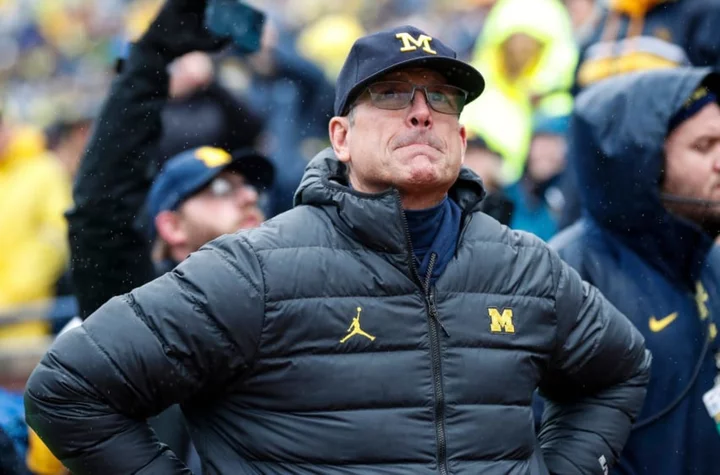
NFL Rumors: Jim Harbaugh buzz won’t be affected by Michigan scandal
According to FOX Sports' Jay Glazer, NFL teams won't be deterred from hiring Jim Harbaugh despite the ongoing sign-stealing investigation by the NCAA.
2023-11-25 08:59

Horse racing authority calls for emergency summit with Churchill Downs in wake of 12 deaths
Horse racing’s oversight authority will hold an emergency summit with Churchill Downs, Kentucky’s racing commission and HISA veterinary teams to review information and analysis in the wake of 12 horse fatalities the past month at the home of the Kentucky Derby
2023-05-30 01:49
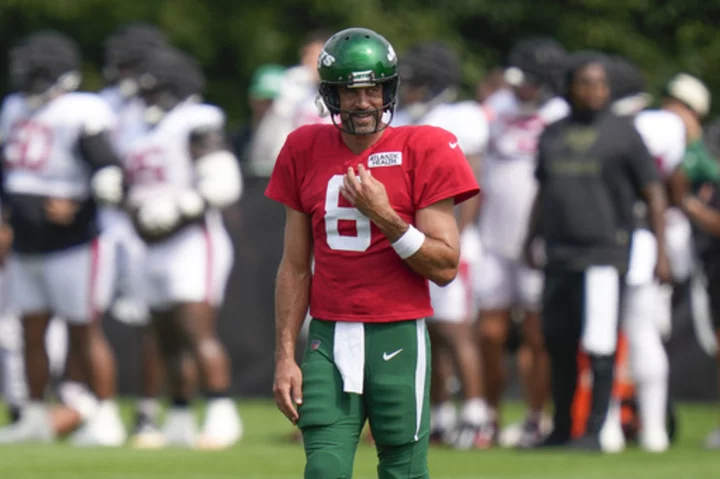
The big men in front of Aaron Rodgers have become the center of attention and concern for the Jets
Aaron Rodgers has been the primary attraction at New York Jets camp this summer
2023-08-19 04:50
You Might Like...

Israel's Netanyahu recovers from heart procedure while tensions surge over judicial overhaul plan
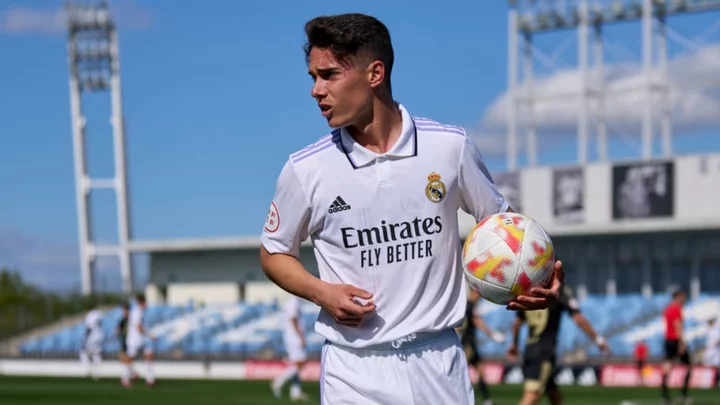
Real Madrid sell home-grown talent to La Liga club
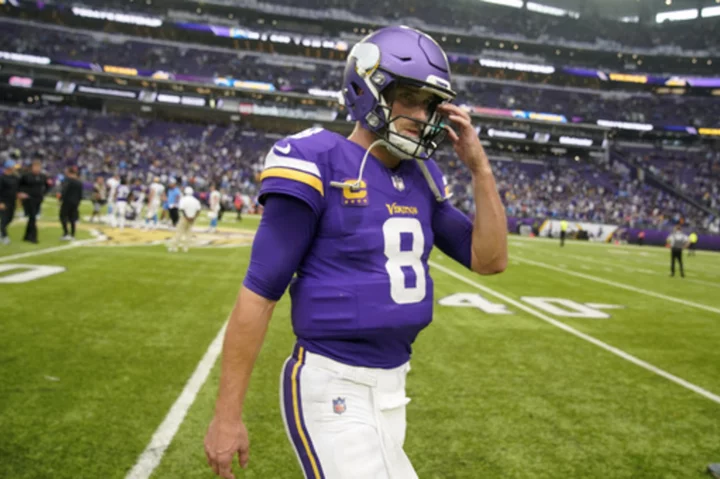
The Vikings have the red zone blues with an up-close touchdown rate that's keeping them down

Tibet profile

Strike worries overshadow Detroit Auto Show

Everton end emotional week with win at West Ham after Dominic Calvert-Lewin goal

In court documents, JetBlue says it could raise fares on some routes after buying Spirit Airlines
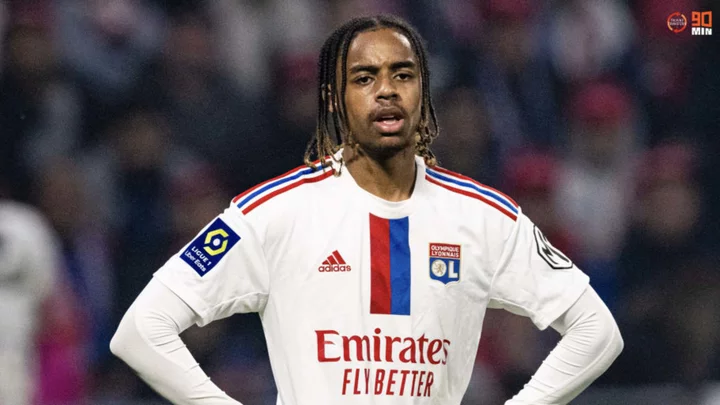
Bradley Barcola prepared to shun Chelsea interest for PSG move
